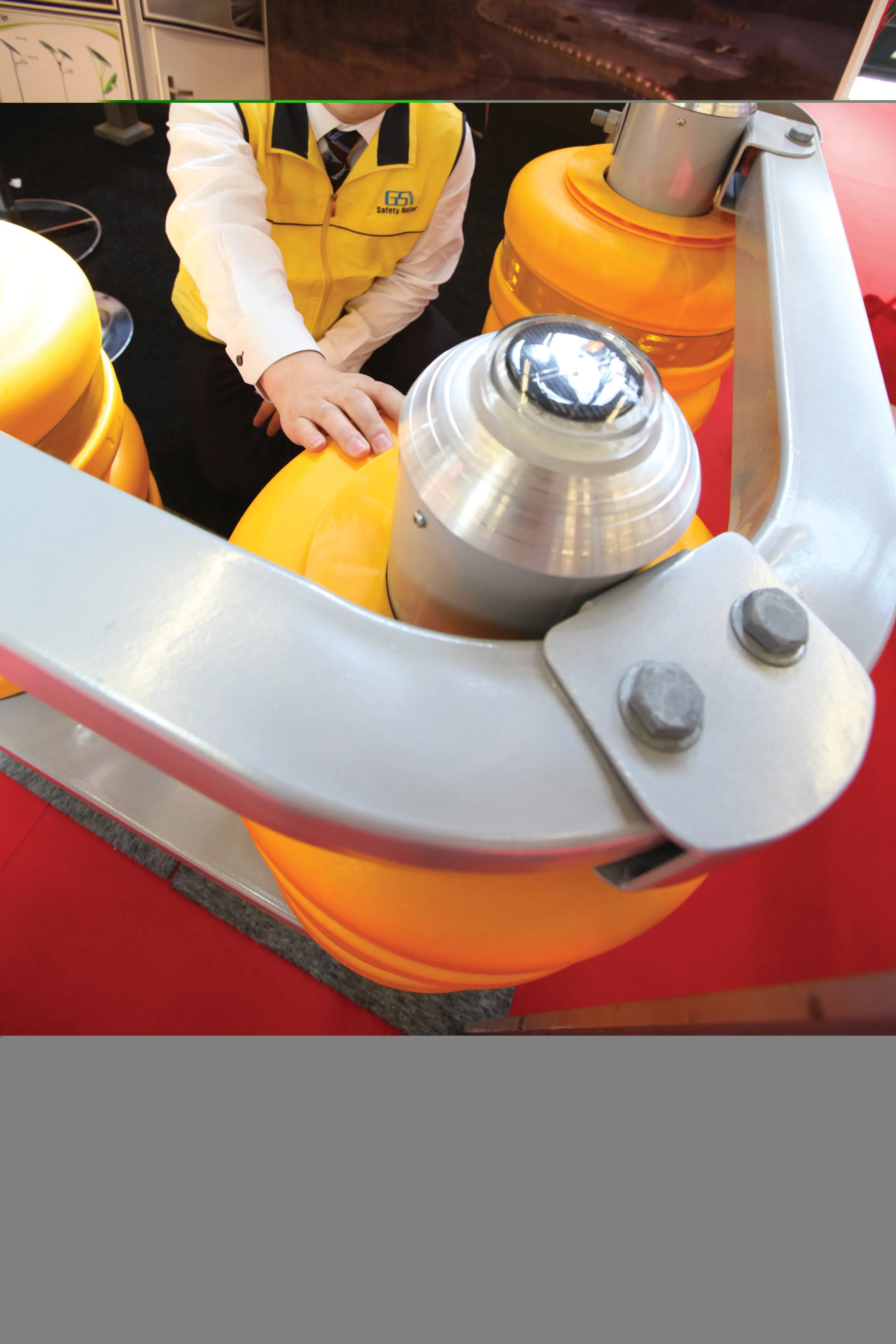Sophisticated automobiles featuring smart control technology look set to help reduce the rate of serious injuries and fatalities on the road network, as well as improving traffic flow. Tests on a new system from
Mercedes offering sophisticated car safety technology
Sophisticated automobiles featuring smart control technology look set to help reduce the rate of serious injuries and fatalities on the road network, as well as improving traffic flow. Tests on a new system from Mercedes have shown the technology can avoid an impact with another vehicle. This system brings the vehicle to a complete stop from speeds of up to 40km/h, without the driver having to take any action. The automatic braking package is being fitted to the latest version of the Mercedes C- Class. The
July 21, 2014
Read time: 2 mins







